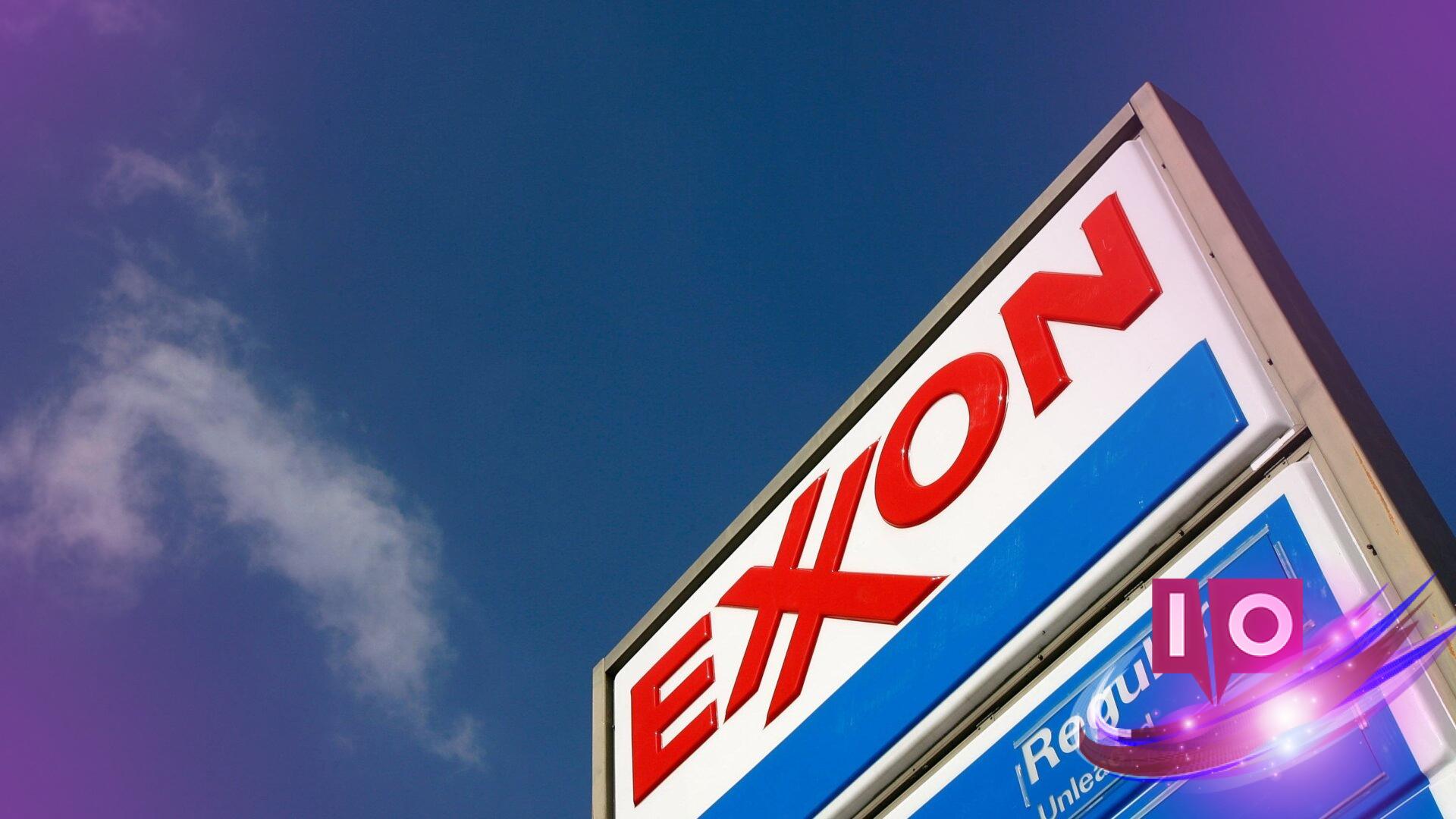ExxonMobil, recognized as the largest oil and gas company in the United States, has recently unveiled a groundbreaking type of synthetic graphite aimed at enhancing the lifespan of electric vehicle (EV) batteries. This innovation is not just a technical advancement; it represents a pivotal move in the transition towards more sustainable transportation.
At a recent presentation at the Energy Symposium hosted by the University of Texas at Austin, CEO Darren Woods described this new graphite as a “revolutionary step change in battery performance.” Already, several electric vehicle manufacturers are testing this innovative technology, as reported by Bloomberg.
1. How Does Synthetic Graphite Enhance EV Batteries?
This advanced synthetic graphite serves as the anode material in batteries, which is critical in discharging electrons. By leveraging this technology, electric vehicles could potentially charge more quickly and achieve longer distances per charge. Woods stated, “We’ve invented a new carbon molecule that will extend the life of the battery by 30%.” This improvement would not only benefit consumers but also contribute positively to reducing the carbon footprint associated with battery production and usage.
2. Exxon’s Shift Towards Electric Vehicle Technology
It might seem unusual for Exxon, a company often scrutinized for its impact on climate change, to invest in EV technology. However, this shift isn’t unexpected. Exxon has a history of exploring fossil fuel alternatives, such as being a pioneer in the development of the lithium-ion battery during the early 1970s. During the symposium, Woods clarified, “We don’t do wind and solar… but we do have the capability of transforming molecules.” This highlights Exxon’s commitment to evolving with the market.
3. The Financial Viability of EV Innovation
Exxon’s strategic projects largely depend on financial feasibility. For instance, in August, the company indicated it could postpone a low-carbon hydrogen project due to limited customer interest. Despite current sales fluctuations in the EV market, Exxon is optimistic about long-term growth in demand. Dave Andrew, Exxon’s vice president of new market development, stated, “Like in any market, there are fluctuations in the near term… we fundamentally see the demand for batteries, electric vehicles, and increasingly large-scale energy storage solutions increasing over the longer term.”
4. What Advantages Does U.S.-Made Graphite Offer?
Currently, a significant portion of battery materials is sourced from China. By producing graphite domestically, Exxon can gain both political and economic advantages, especially considering the tariffs established during the Trump administration. This initiative can bolster America’s energy independence and create local job opportunities.
5. Exxon’s Commitment to Scaling Up Production
This week, Exxon made headlines by acquiring production and technological assets from Chicago-based Superior Graphite. The company aims to enhance manufacturing processes, targeting commercial production by 2029. This commitment indicates a robust belief in the future demand for high-performance battery materials.
As part of their press release, Exxon noted, “Synthetic graphite can play a critical role in the energy transition. It’s a key component in electric vehicles and battery energy stationary storage solutions.” They anticipate a continual rise in the demand for higher-performing batteries, which in turn will elevate the need for superior graphite materials.
Could synthetic graphite lead to more efficient battery technology for electric vehicles? The initial findings suggest it could significantly boost performance and demand.
Are battery materials impacting electric vehicle costs? Yes, the efficiency and sourcing of battery materials are crucial factors in determining the overall cost of electric vehicles.
What role does the government play in supporting domestic graphite production? Government incentives and tariff adjustments can strategically support local businesses, reducing dependence on foreign materials.
Is ExxonMobil expecting stable growth in the EV sector? Yes, despite recent fluctuations in sales, Exxon remains confident about sustained growth in the electric vehicle market in the long run.
